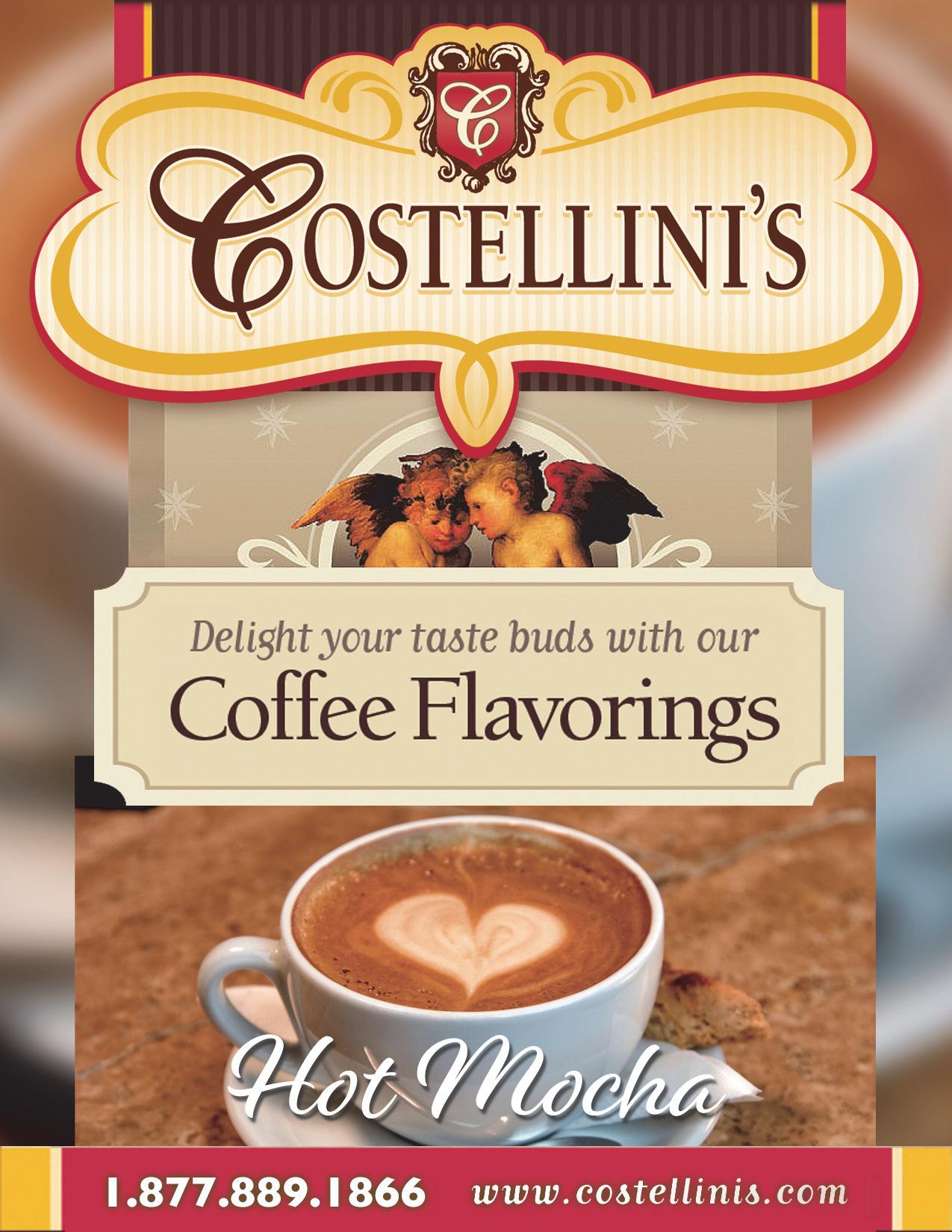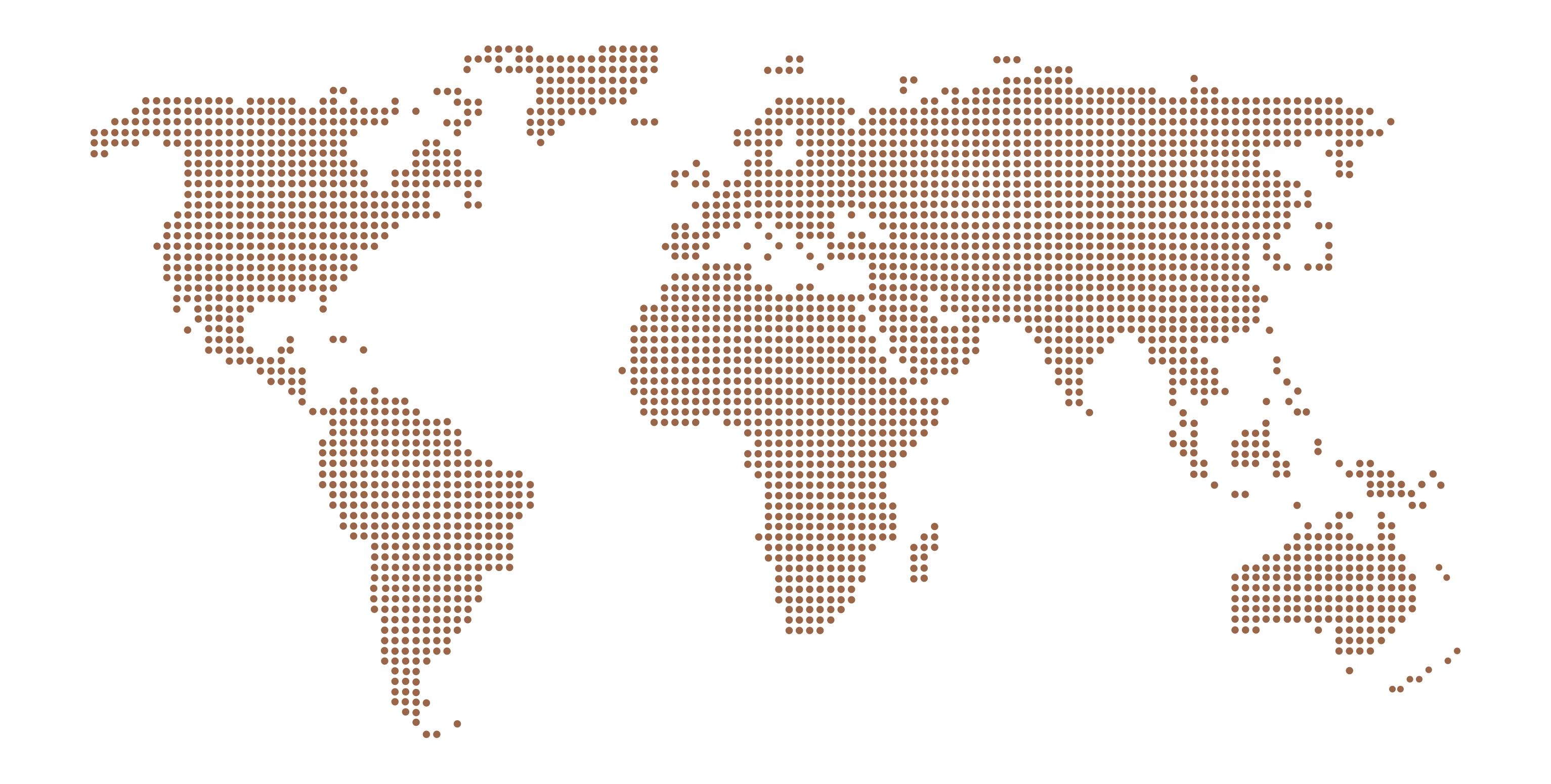State of the Industry
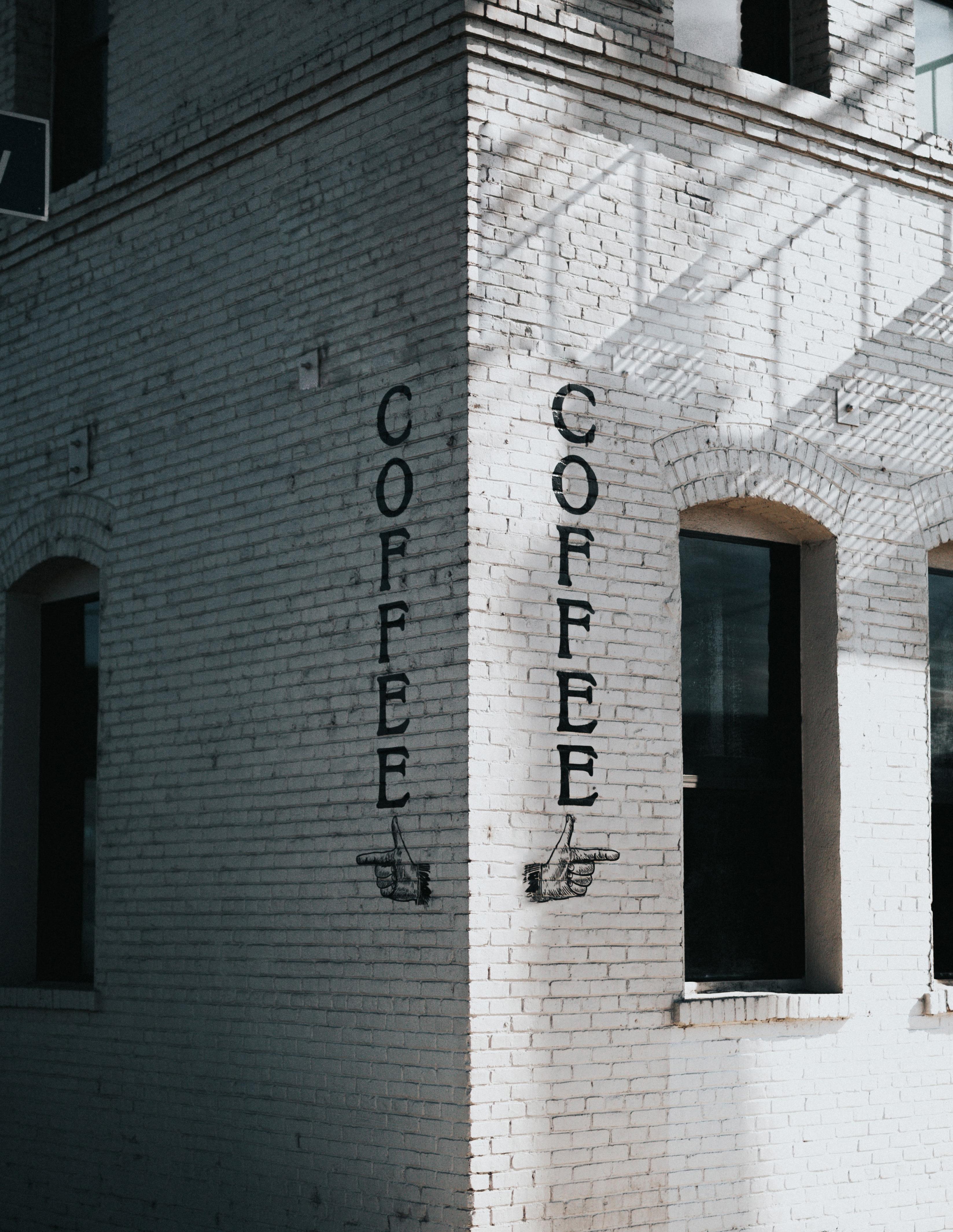
STATE OF THE INDUSTRY ISSUE 2022 | Vol. XXXV No.8 THIS MONTH: WHERE ARE WE HEADED? 2023
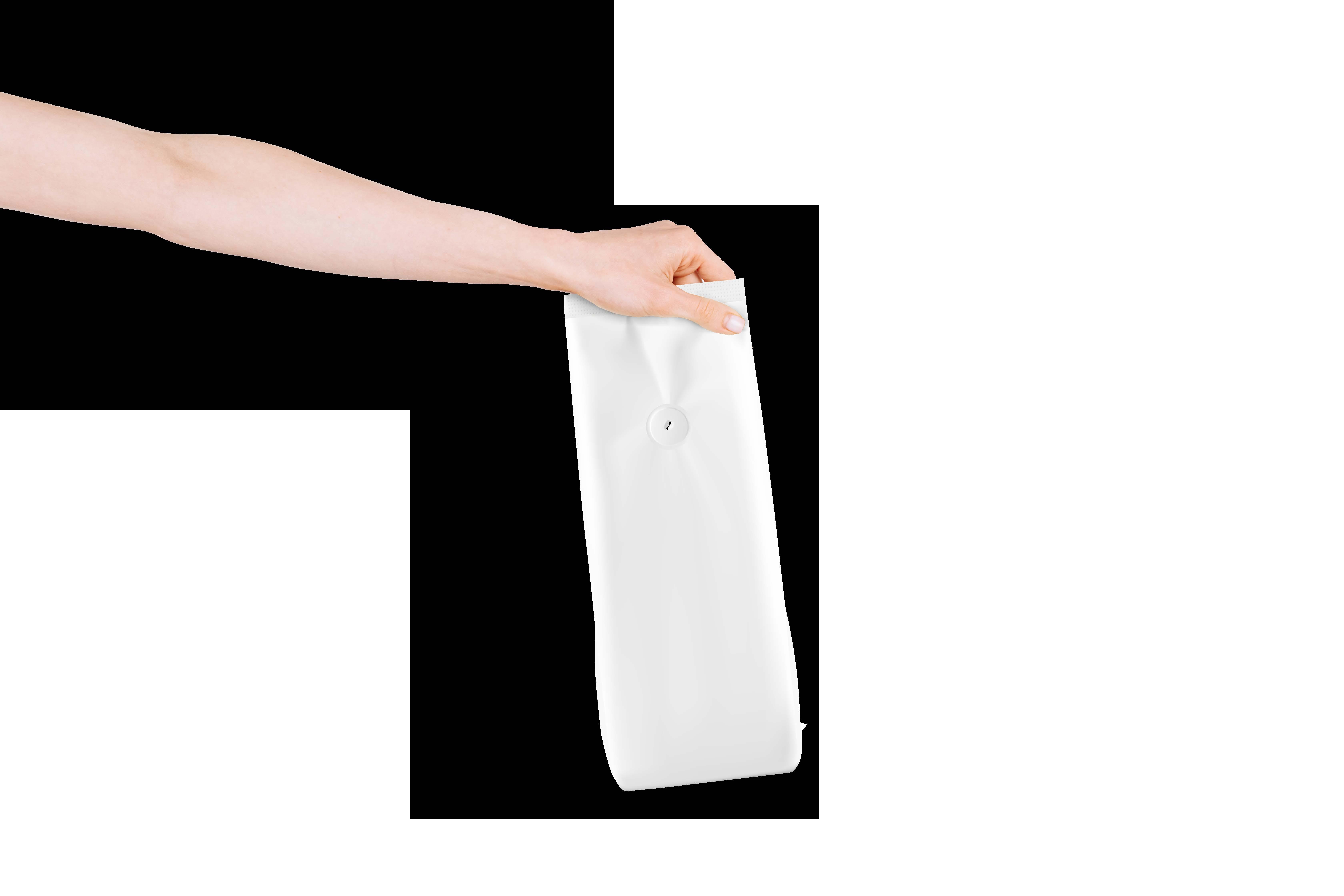
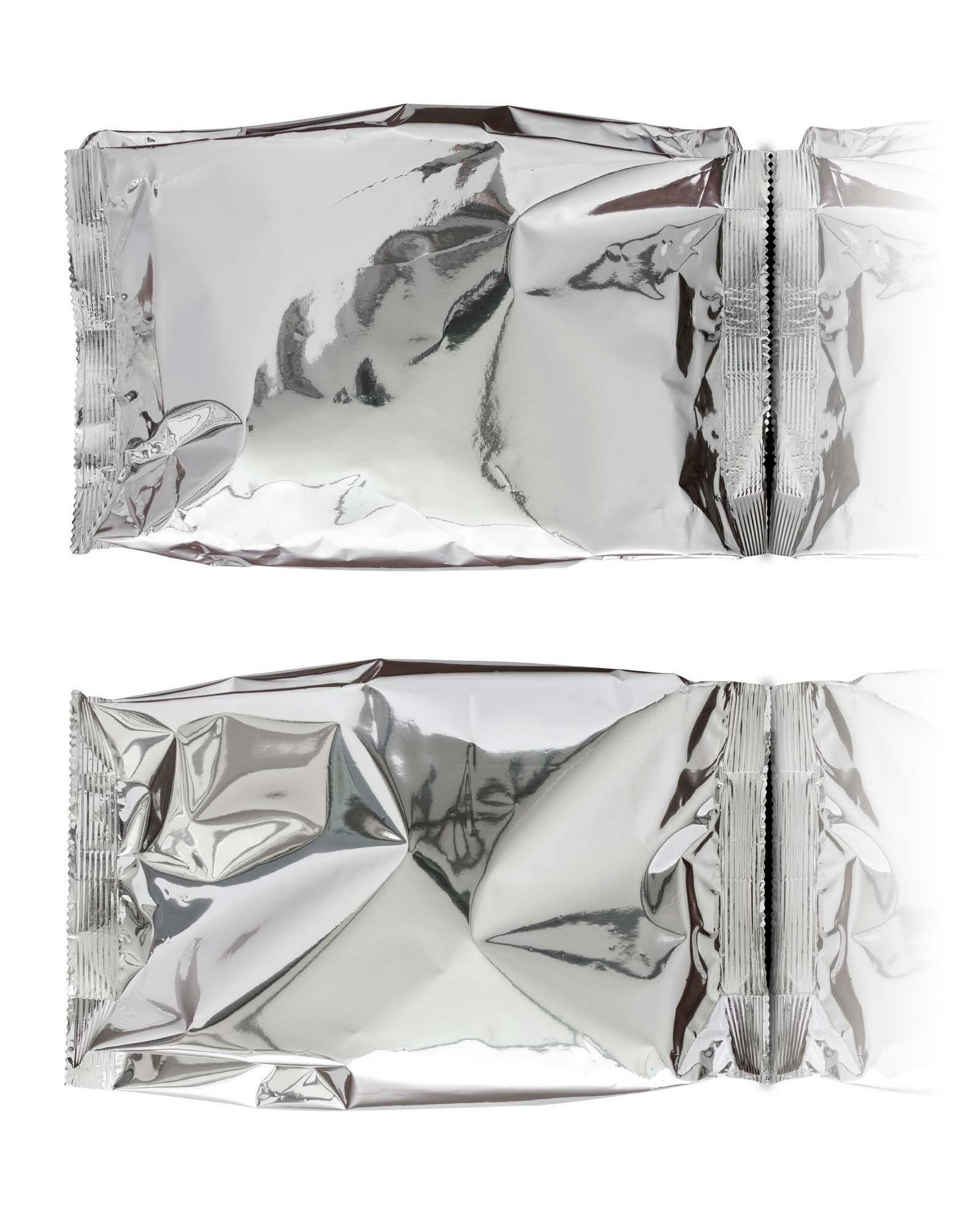
* Final label subject to change with final package. FLAIR Sustainability
H2O DEGASSING VALVE O2 FlairPackaging.com 1-888-202-3522 Connect with us to get started
Program



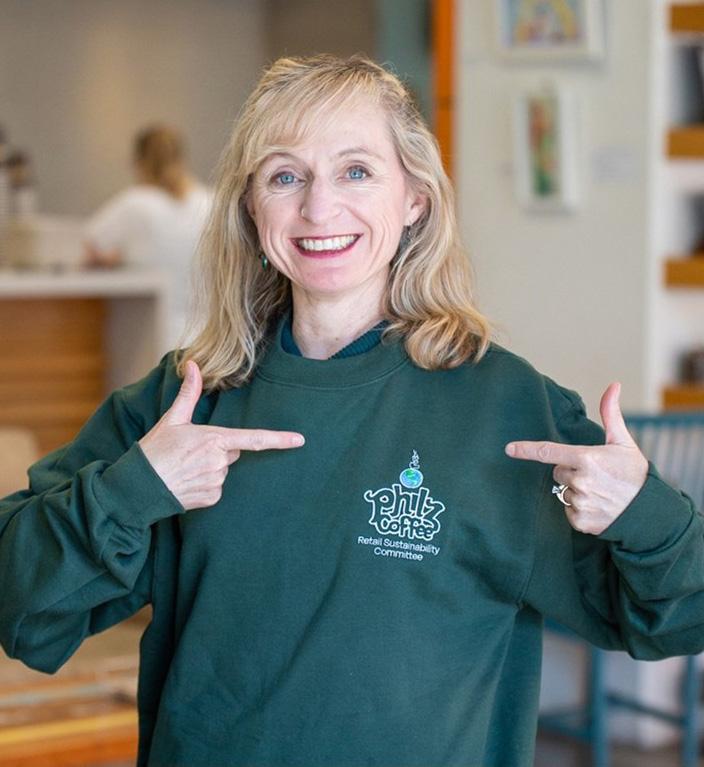
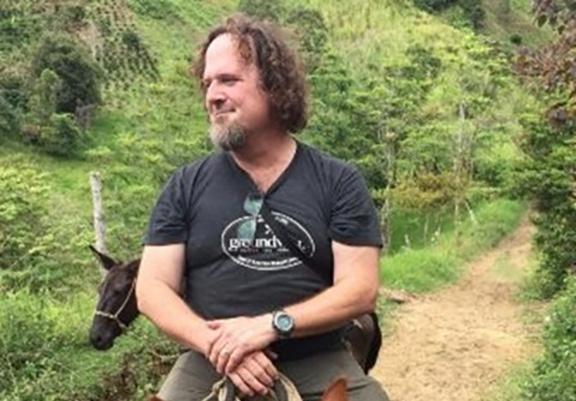
2022 | STATE of the INDUSTRY COFFEETALK MAGAZINE { 4 } CONTENTS STATE OF THE INDUSTRY ISSUE 2023 THE VIEW The 2023 State of the Industry JAKE LEONTI 06 CAROLINE BELL Our East Coast Artisan POV CAFÉ GRUMPY 12 ANDI TRINDLE MERSCH View from a Large Roaster Retailer PHILZ COFFEE 08
An Organic Point of View GROUNDWORK
16
JEFF CHEAN
COFFEE CO.
Add
Costellini's (877) 889-1866
Flair
Fres-co System USA Inc. (215) 721-4600
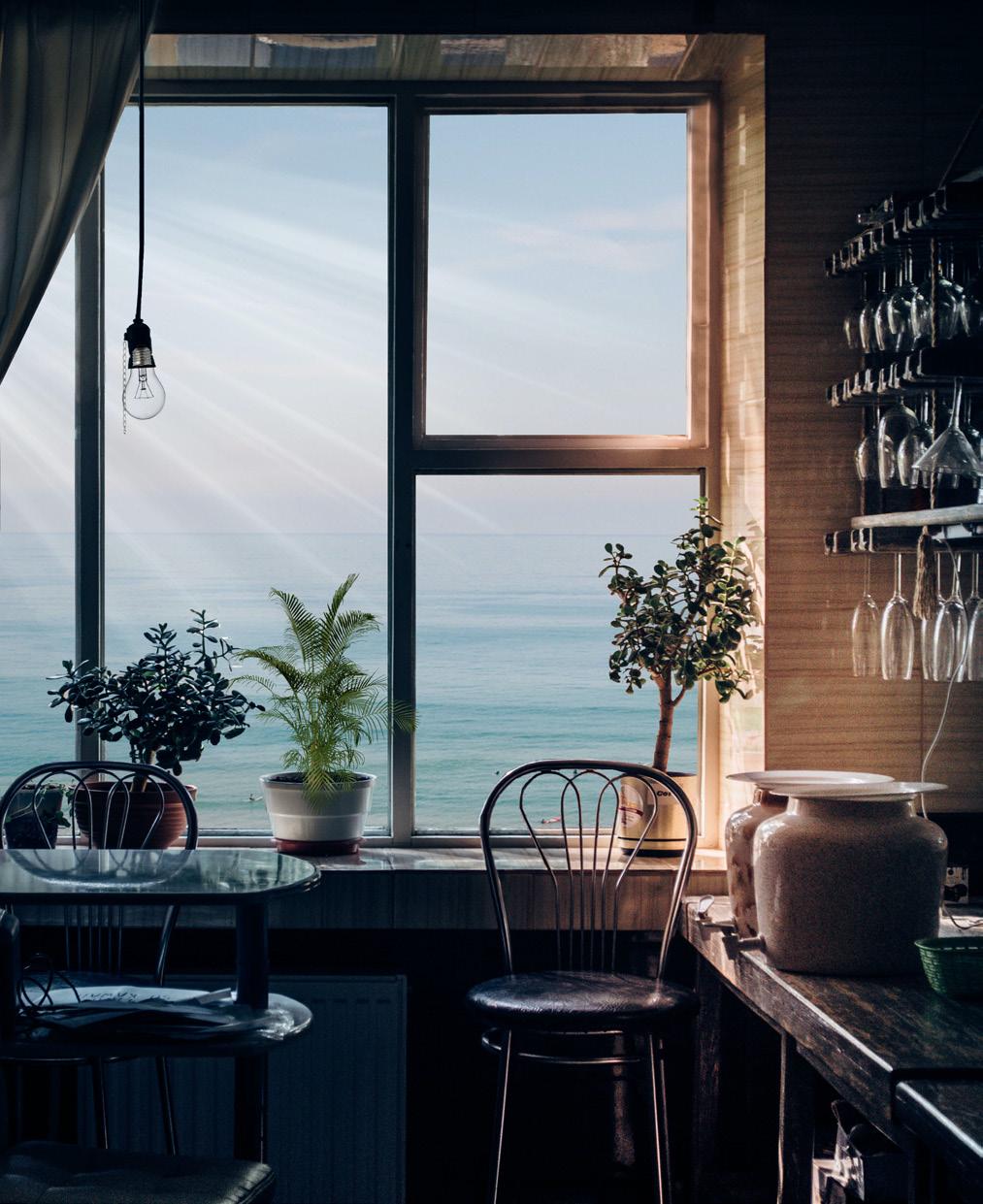
MAILING INFO
HNCT, LLC 25525 77th Ave SW Vashon, WA 98070
DISCLAIMER
PUBLISHER
KERRI GOODMAN
CoffeeTalk does not assume the responsibility for validity of claims made for advertised products and services. We reserve the right to reject any advertising. Although we support copyrights and trademarks, we generally do not include copyright and trademark symbols in our news stories and columns. CoffeeTalk considers its sources reliable and verifies as much data as possible. However, reporting inaccuracies can occur, consequently readers using this information do so at their own risk.
CONTACT
P: 206.686.7378 F: 866.373.0392 www.coffeetalk.com
POSTMASTER
Send address changes to HNCT, LLC, 25525 77th Ave SW, Vashon, WA 98070
SUBSCRIPTIONS
The cost of a subscription in the U.S. is $47.50 per year; in Canada, the cost is $72.00. Free to qualified industry professionals. Non-qualified requests may be rejected. Publisher reserves the right to limit the number of free subscriptions. For subscription inquiries, please call 206.686.7378 x1 or subscribe online at www.CoffeeTalk.com.
COPYRIGHT
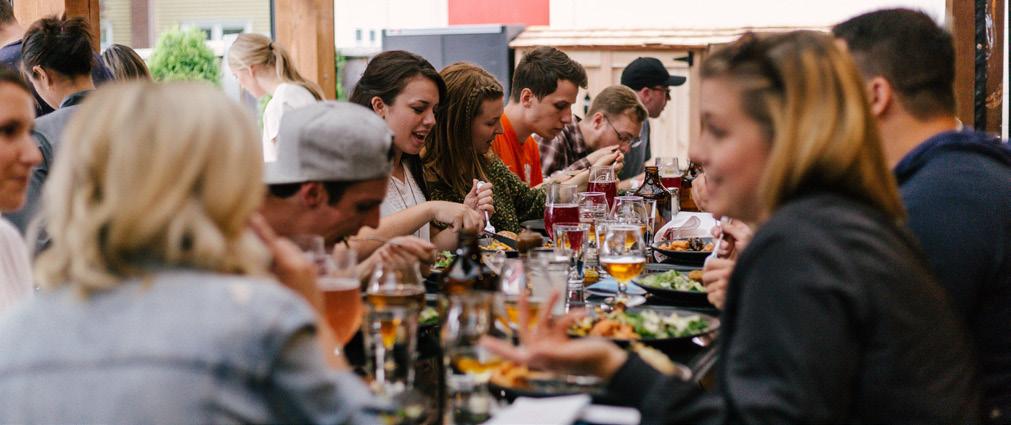
ISSUE #8 | 2022 WWW.COFFEETALK.COM Advertisers { INDEX }
/
|
A Scoop
Juice Bar Solutions Inc (415) 382-6535
ADDASCOOP.COM 11
|
COSTELLINIS.COM 19
|
Flexible Packaging Corporation (920) 574-3121
FLAIRPACKAGING.COM 2
|
FRESCO.COM 18
|
|
15
|
3
|
|
20 21–25 RIMINI, ITALY JAN Sigep 10–12 LOS ANGELES, CA FEB Los Angeles Coffee Festival 2–3 LOUISVILLE, KT JUN Coffee Fest 6–8 ANAHEIM, CA AUG Coffee Fest 5–7 NEW YORK, NY MAR Coffee Fest 21–23 PORTLAND, OR Specialty Coffee Expo APR WANT TO SUBMIT AN EVENT TO COFFEETALK'S EVENT CALENDAR? INDUSTRY CALENDAR COFFEETALK.COM/ADDEVENT NEED TO UPDATE YOUR SUBSCRIPTION
Grounds for Health (802) 876-7835
GROUNDSFORHEALTH.ORG 7 Java Jacket (800) 208-4128
JAVAJACKET.COM
Mahlkönig SEE WEB
MAHLKOENIG.US
Texpak Inc
Scolari Engineering (856) 988-5533
SCOLARIENG.NET
OR ADDRESS? COFFEETALK.COM/SUBSCRIBE
kerri@coffeetalk.com { 206.686.7378 x1 }
RESERVED
© 2022, HNCT, LLC, ALL RIGHTS
EDITOR-IN-CHIEF JAKE LEONTI jake@coffeetalk.com { x2 } CREATIVE DIRECTOR JUSTIN GOODMAN justin@coffeetalk.com { x3 } ADMINISTRATION MEAGAN GOODMAN meagan@coffeetalk.com { x4 } PRINT DESIGNER MARCUS FELLBAUM fellbaum@mac.com
{
THE VIEW
The 2023 State of the Industry }
JAKE LEONTI | EDITOR-IN-CHIEF, COFFEETALK MAGAZINE / CEO, F+B THERAPY
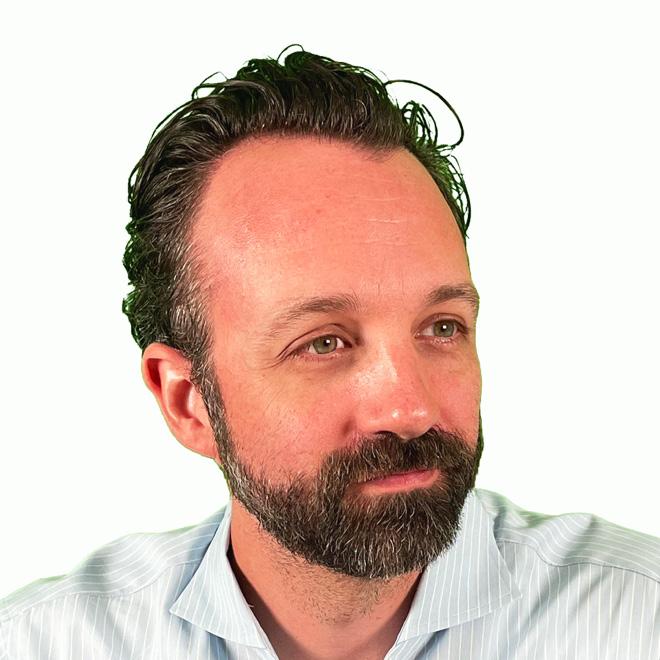
{2 021 was filled with a lot of hope as the first wave of vaccines was released, people started returning to work, cafes started reopening, and the idea of normal life resuming was on the horizon. Unfortunately, all the promises of economic rebound and the return to personal comfort and security were relinquished through a series of global crises, including two wars, a frost in Brazil escalating inflation and a fluctuating job market that would give anyone whiplash.
Every step of the coffee value chain was affected by every global event. Green coffee prices rose to a suffocating point over the summer. The bulk of Central American coffees arrived so late this year that roasters had to start experimenting with new origins and adjusting their recipes. The boasted frost in Brazil turned out to be more of a short-lived chill, and crops seem to look healthy. Prices have started to deescalate; however, anyone who had to purchase over the summer still feels the pinch on their margins today.
Just when you thought you were done pivoting and adapting, we get the “Great Resignation” with a record number of people quitting and changing careers in synchronicity. Long-time executives and managers are scratching their heads trying to

make their staff happy and want to stay in their positions. As business owners, everyone is fighting a war on two fronts. Owners are being squeezed on margins; as costs go up, profits go down, and at the same time, staff are harder to keep. As a result, their wages must be increased to support them. It is definitely a challenging time, and no one is immune to it.
In this issue, we will hear industry leaders across the country talking about the challenges they are facing, how they are dealing with them and what is coming our way in 2023.
The trends and success of companies will be a bit staggered as each city and state has been coming out of the pandemic on different timelines. Cities like New York seem to blast off right out into normalcy though the population still has not entirely returned. Boston climbed out a little slower however it has had a strong rally, and many cafes report returning to 2019 numbers which are encouraging. Of course, Florida never experienced the pandemic, so it has been pretty much business as usual there. California has been cautious about relapses during the pandemic, so its recovery has been slightly stalled though it grows stronger each month.
Following last year's trend, coffeeat-home has continued to grow, and more companies are investing in this
aspect of their business. As a result, cafes have been bouncing back in many parts of the country. Innovation in the RTD space has continued with different versions of cold coffee and alcoholic beverages. There is a fastpaced race for the most convenient and eco-friendly way to deliver specialty coffee, with Cometeer and Steeped leading the way. Blue Bottle has recently thrown its hat into the ring with an instant coffee offering.
Functional ingredients remain essential as more people seek ways to relax and relieve stress while indulging in their daily comforts.
At the SCA show in Boston, we finally got to see what everyone was up to during the pandemic. It turns out they were all doing the same thing: creating a direct-to-consumer product or pipeline and improving or creating their e-commerce channels. This year, that will get a little bit more difficult as data regulations will continue to shift, and new laws will roll out from state to state and federally.
The good news is that coffee consumption continues to grow even if it is growing in new directions. The new year is sure to bring change again and its own set of challenges. However, most of us have gotten into shape by now, so we should be able to keep up. This is the state of our industry.
2022 | STATE of the INDUSTRY COFFEETALK MAGAZINE { 6 }
Magazine -41.2710849,173.2836756
CoffeeTalk
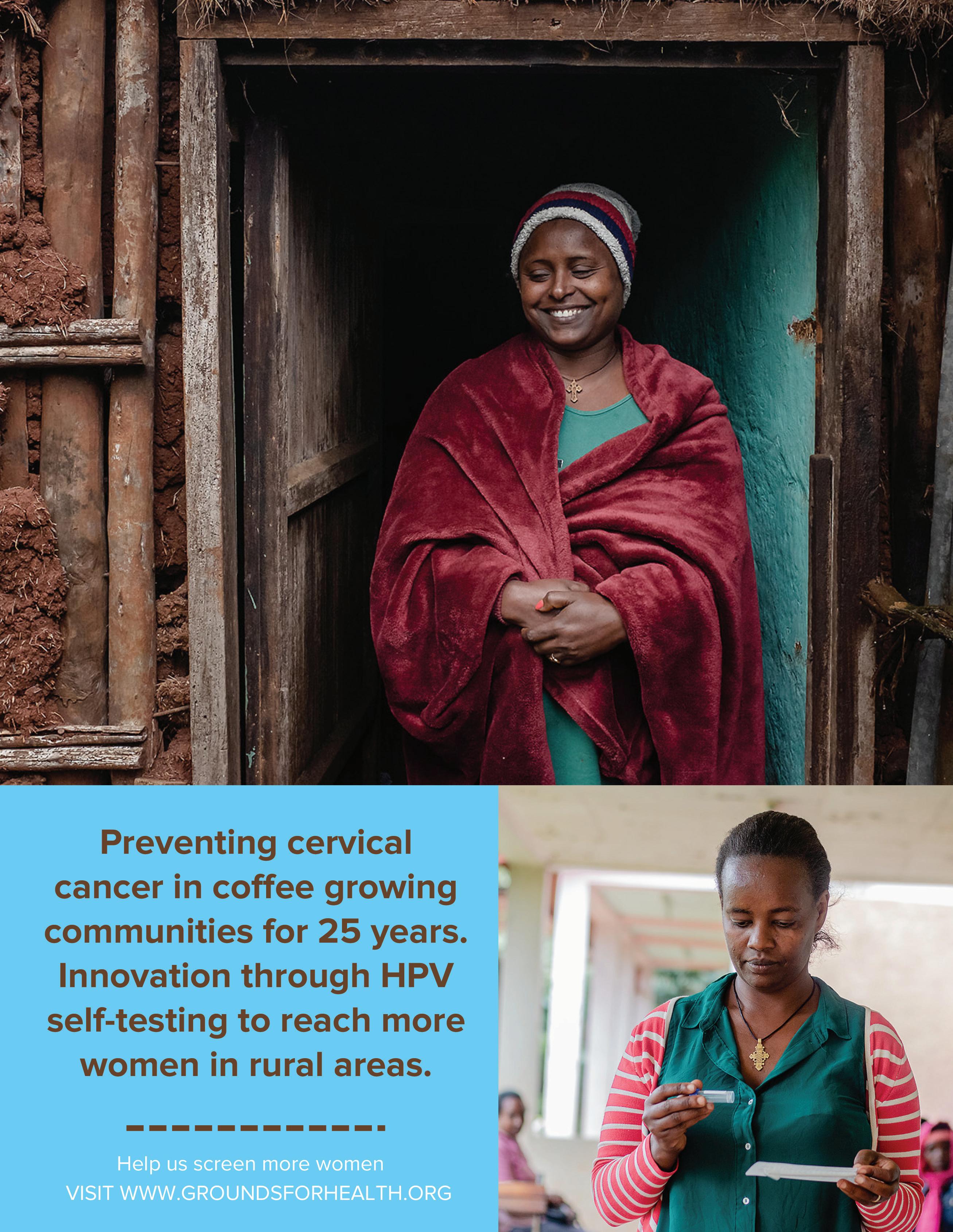
ANDI TRINDLE MERSCH
{ View from a Large Roaster Retailer }
VICE PRESIDENT OF COFFEE OPERATIONS & SUSTAINABILITY, PHILZ COFFEE
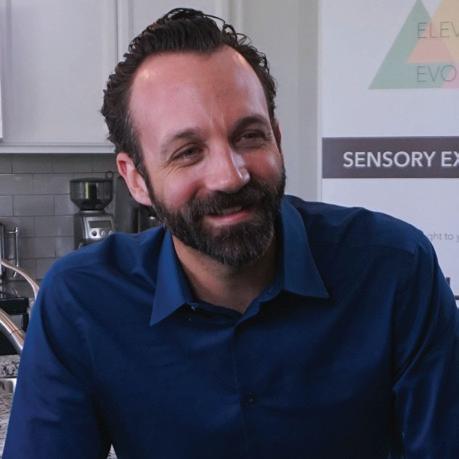
Andi Trindle Mersch is the VP of Coffee Operations and Sustainability at Philz Coffee in California. Andi has been working in coffee for over twenty-eight years with broad experience across the supply chain, so she provides a great perspective when looking at the state of the industry at different levels.
JAKE: Andi, tell us a little about your coffee experience.
ANDI: I spent most of my time on the import side, working between coffee roasters and exporters.
During that period, I spent a lot of time with roasters and learning about roasting before getting into the roasting side. I did work on the roasting side in the late nineties and early two thousands. I'm curious and always ask questions to learn new things and keep my job and role interesting.
We will be reviewing the industry's state, but first, I was interested to
know what got you into coffee in the first place.

I fell into it like a lot of people in my generation. We always used to say that we fell into it, but now that is changing with UC Davis and the different ways people are actually choosing coffee. I fell into it when I graduated from an acting conservatory after high school and needed a day job; go figure. My Mom got a job doing bookkeeping for a coffee company and equipment distributor owned by Robert Hensley.
JAKE:
Robert Hensley has been in Specialty coffee for a long time as he worked directly with Alfred Peet, Founder of Peet's coffee, in the 1980s.
ANDI:
My mother asked if I, too, could work there, and they hired me. I was there for about two months when I marched into his office and said, I really love this industry. I want you to hire me full-time and mentor me. That was in 1994. And Robert taught me how to cup, roast, and so many other things.
JAKE:
Thank you for that. I love your initiative and the decisiveness in knowing you wanted to join the industry. So many people ask how to get into the coffee business, and this illustrates it perfectly.
Now, getting into the state of our beloved industry. The frost in Brazil used to be a once-in-a-generation occurrence, and now it has happened two years in a row. First, prices spiked, and now they are coming down again. What has been your experience with this?
ANDI:
In my opinion, over the last couple of years, it has been the craziest Market I have ever seen, and the fundamentals have not made much sense. So, where we think something is going to impact the Market in one way, it is doing something entirely different. The Market was sustained at very high levels for an extended period. The frost, you mentioned, was part of that level. Right now, the Market has come way-way back down again. We've actually been reading and hearing that the Brazil crop is looking good for next year. So, we are looking at a good Brazil
2022 | STATE of the INDUSTRY COFFEETALK MAGAZINE { 8 }
{
crop that is pushing the Market back down; however, many other factors are contributing to the Market.
Different fundamentals are at play here. For instance, the certified stocks are really, really low.
JAKE: For our audience, Certified stocks generally refer to commodity inventory that has been inspected by qualified representatives and determined to be
the base grade for us in futures market trading.
ANDI:
These low stocks are impacting the Market. Typically, because of the state of the Certified stocks, you would think the Market would be coming back up, but it is not doing that, so it has been a very confusing time.
JAKE:
Do you feel that the ongoing effects of climate change in general will keep us on this roller coaster year after year?
ANDI:
Yes, I do think so. Of course, you have to remember two main sides go into coffee pricing. On the one side, you have the Market, and that gets very confusing because you have all these speculators that come in and are not involved in
>>
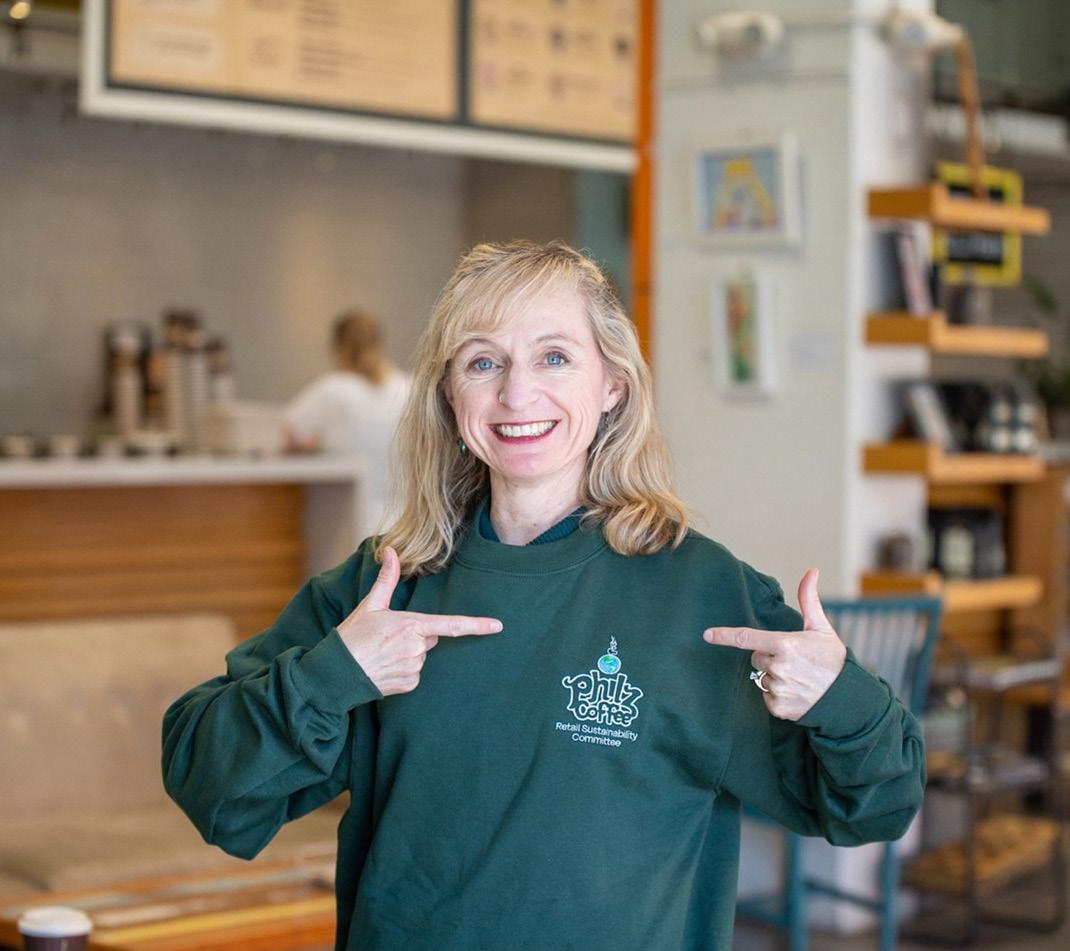
ISSUE #8 | 2022 WWW.COFFEETALK.COM
ANDI TRINDLE MERSCH
any of the physicals of coffee. Then you have the Differentials side of pricing as well, and climate change is definitely showing up on the impact of pricing at the differentials level.
Climate change is hugely impactful on pricing; however, it is even more impactful on quality and reliability. Even the origins we buy now are not the same origins we were buying five years ago.
We rely on our supplier partners, and I cannot emphasize that enough. They are the experts that we lean on to help guide us and give us feedback.
JAKE:
For years now, they have been growing coffee in California. Given that California has no water and they are already using 1 gallon of water per almond being grown there. Is growing coffee in California a reasonable response to climate change?
ANDI:
In my opinion, it is an interesting proposition, and I am supportive of people exploring it, but I do not think it is a reasonable, reliable response to climate change. No matter how much land we put toward it, we would never be able to grow close to the world's demand for it, and it isn't a climate that is made for it.
To that point, though, what I do see is a diversification of regions of coffee cultivation. For example, our suppliers have been telling us that in Colombia, they are starting to look at different regions where they did not previously grow coffee. Still, they are now better suited to the growing climate change.
Also, the tree varietals are planted in origins where they were not previously grown. That is where I see a lot of the response to climate change coming in. Regenerative agriculture is another response that we have seen start to come up. The producers are paying attention to all the options
that are out there, and they are experimenting.
JAKE:
On top of all the challenges with climate change and inflation we also have Ethiopia in the midst of a war. Has this affected your supply or pricing?
ANDI:
I'll admit that we have been very lucky. We have a really strong relationship with our Ethiopian coffee suppliers. We have more than one but we have one principal supplier who we have given a lot of business to over the years. When we heard about the war we reached out immediately and we were very concerned about the people we had been working with for years. We were hearing some pretty scary stories of impact on some of the people we worked with.
On the lucky side we had this really strong partner there who just kept in great communication with us and with all the farms and suppliers to give us frequent updates. We rely heavily on Ethiopian coffee and will often be contracted a year in advance to follow the harvest cycle there.
We had to ask at one point, should we move some of these contracts out and our partner said, "don't pull out now. I will get you the coffee." And they did deliver all the coffee. It was at a significantly higher price. Thanks to our suppliers we never missed a shipment and we were able to sustain our quality but we did pay higher prices and have worried about our supplying partners. Those are the impacts we've experienced.
JAKE:
Like we said earlier, relationships are always so important and especially in coffee. It is easy to feel helpless in times like this but through the strength of these relationships we are able to maintain some sense of normalcy and hopefully help each other.
Shifting gears into something more fun and frivolous, are TikTok and Instagram changing how humans consume coffee?
ANDI:
Oh, I think so, yeah. I'm social media averse. It's more for my daughters generation but yes, absolutely. I think it is a great place for people to learn and experiment with new ways of making coffee or new equipment for brewing. I think they are really important for today. We post on these channels because they are important ways for us to introduce our products and what we're trying to do. So I support them though I don't participate in them.
A big part of why I joined Philz is because I think people should enjoy coffee however they want to. Whatever it is that makes them happy about coffee is what they should do.
JAKE: When it comes to consumer coffee products, we have seen a tremendous rise in single serve, instant offerings even in the specialty category, over the last decade. Do you think sustainability will ever beat convenience?
ANDI:
I think that sustainabile products are no longer 'nice to have' when it comes to the younger generation. They are 'essential to have'. So we are going to see a shift. We are going to see innovation in creating these single serve products the way people want them but in the most environmentally sound way possible. The companies that are going to lead and win with the younger generation are going to have to deliver on the social and environmental side and they are also going to have to innovate on the convenience of the products to give the customer what they want.
Interview by Jake Leonti
2022 | STATE of the INDUSTRY COFFEETALK MAGAZINE { 10 }
Continued from page 9
Add a Scoop Blends are a wide range of functional supplements. Almost all Add a Scoop Blends have no color or flavor, making them easy to add to your favorite blended drink. On our website you’ll find detailed information on each blend’s ingredients and benefits, so you can pick the one that’s just right for you.
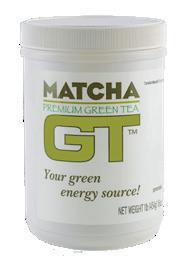



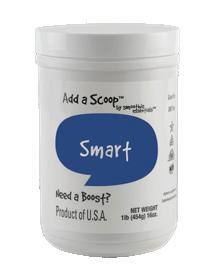
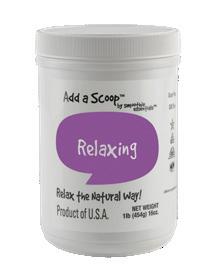
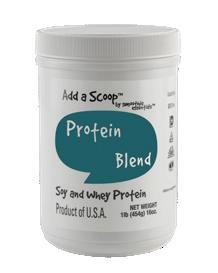

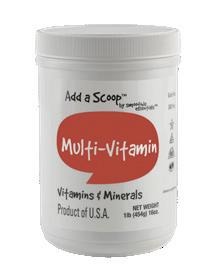
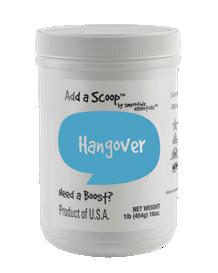

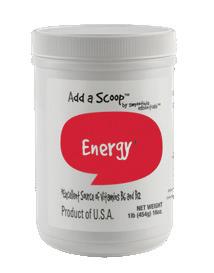
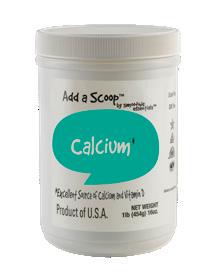

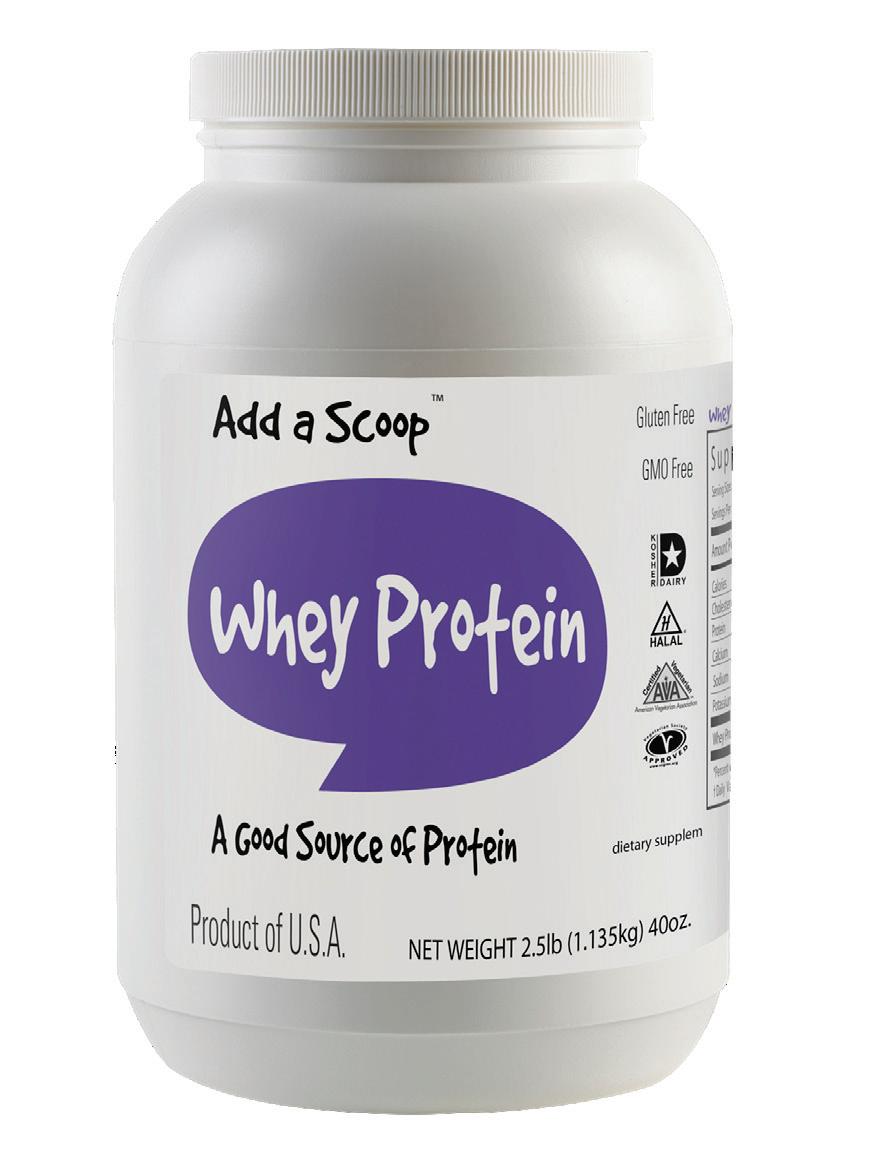

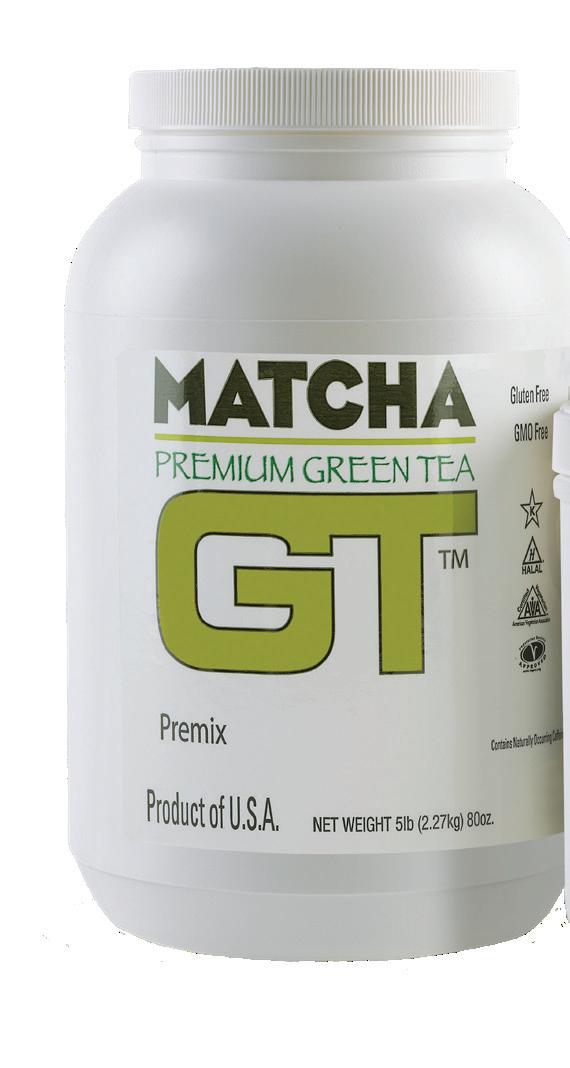


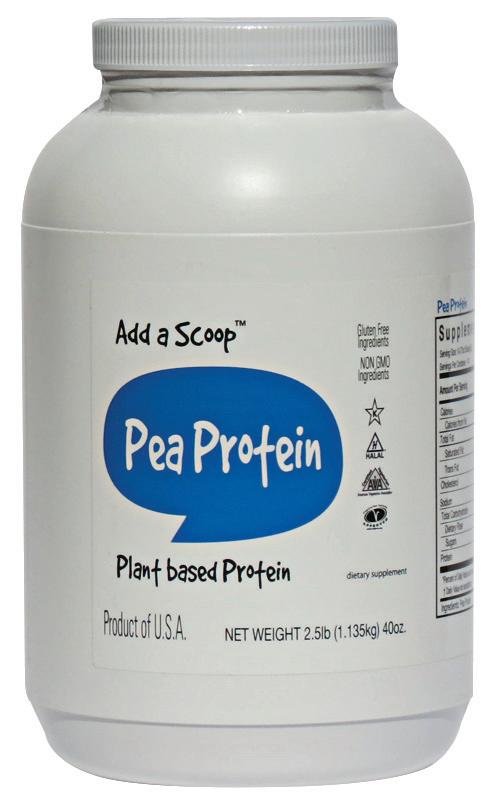
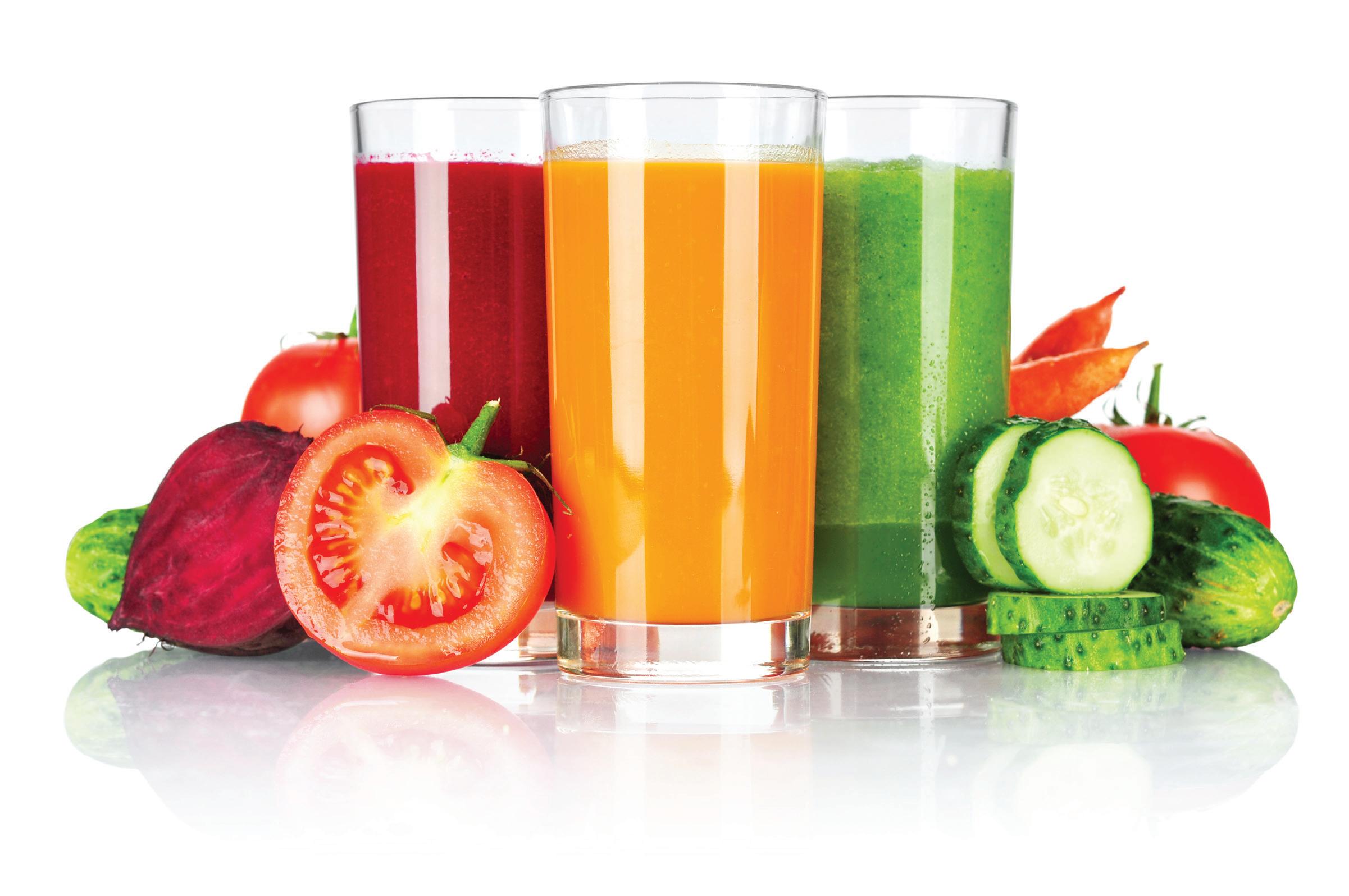
WWW.COFFEETALK.COM { 11 }
Maximum
Add a Scoop™ Supplement Boost Powdered Nutritives for
Health
Call today to learn how Add a Scoop Supplement-Boosts can help you promote wellness and increase profits. 415.382.6535 | www.AddaScoop.com HALAL, KOSHER, VEGETARIAN & GMO FREE WWW.MATCHAGT.COM
CAROLINE BELL

{ Our East Coast Artisan POV }
CO-FOUNDER / CO-OWNER, CAFÉ GRUMPY
{Our following insight comes from the Co-Founder and Co-Owner of Café Grumpy, a coffee roaster and retailer based in Brooklyn, NY. Grumpy is celebrating its 15th anniversary, having expanded from NYC to Miami with a total of 12 locations.

JAKE: Everyone panicked for a minute when the frost was announced in Brazil again this year. Did this affect you at all, and do you believe this is going to become a recurring issue?
CAROLINE:
Climate and social challenges affect all who buy green coffee. Everything that happens in the world is related, especially in the coffee industry. We don't buy too many Brazilian coffees specifically, so it hasn't affected us too directly though I know they impact the industry as a whole.
JAKE:
Given the conditions of the climate, do you feel growing coffee in Cali is a reasonable response to climate change?
CAROLINE:
I think we could do a little better to support more research on the ground and the agronomist that work with the farmers. We must accept paying higher prices and do our part to communicate to customers and retailers the challenges that producers are facing and why they will be paying a little bit more for their coffee.
JAKE:
With what essential origins are you working?
CAROLINE:
We work with El Salvador, Honduras, Guatemala, and Burundi. We also have coffee right now from Ethiopia. Primarily Central Americans, though, our Heartbreaker Espresso blend is a Colombia and Ethiopia blend. They are all washed coffees. Our customer base likes really clean, washed coffees.
JAKE: Have you seen any emerging origins in coffee? Either as a result of climate change or simply new opportunities in different countries?
CAROLINE:
No, not really. What I have seen more of is people getting more experimental with varietals. Also, people are putting more effort into making better Robusta. We work with the same producers every year, so I don't have as much exposure to this.
COFFEETALK MAGAZINE
2022 | STATE
JAKE: What about working with Robustas? Are you open to this?
CAROLINE: We have talked about trying them. I'm always open to trying things to learn and understand what is going on. I'm open to trying things; you never know where this life will take you.
JAKE: Shifting gears to political impacts. There is a war in Ethiopia, one of the origins you work with heavily. Has this impacted your supply or pricing?
CAROLINE:
Pricing has gone up quite dramatically with our Ethiopian coffee. I think it went up two dollars a pound, which is significant. We try to be aware of what's happening and maintain our
commitments. Sometimes we might buy less of one producer's offerings just to keep the relationship so we can return to it next year. The amounts we purchase aren't massive, so we haven't had any trouble receiving our coffee. They have been a little late, but the pandemic made us slow down as we were closed for a little while, so it has worked itself out.
We were actually ok with coffees coming in late this year. Because of the pandemic, we didn't need as much volume. Some of our producers produced smaller amounts this year as well, in Honduras, for instance, and we were ok with that because we usually buy their entire lots, and we wanted to continue to do that, so it alleviated some of the pressure.
JAKE: Now let's bring it to a more cultural impact. Do you feel that TikTok and Instagram are changing the way customers consume coffee?
CAROLINE: I am actually in charge of our social media channels. We focus more on Instagram, and I do not have any personal accounts, but I do watch TikTok; it's a powerful platform. People will come into the shops and say, 'I saw this drink on Instagram. Do you have it? 'or 'can you make this drink?' Thankfully, we are not Starbucks, so people were not requesting the drinks with ten thousand ingredients that don't fit into a cup, so we avoided that. However, people do ask, 'I heard this is good for you. Do you have a coffee for that? I saw it online.
JAKE: Grumpy's has been around a while. Do you find it refreshing that people are not ordering Starbucks drinks at your shops but are instead ordering Instagram drinks?
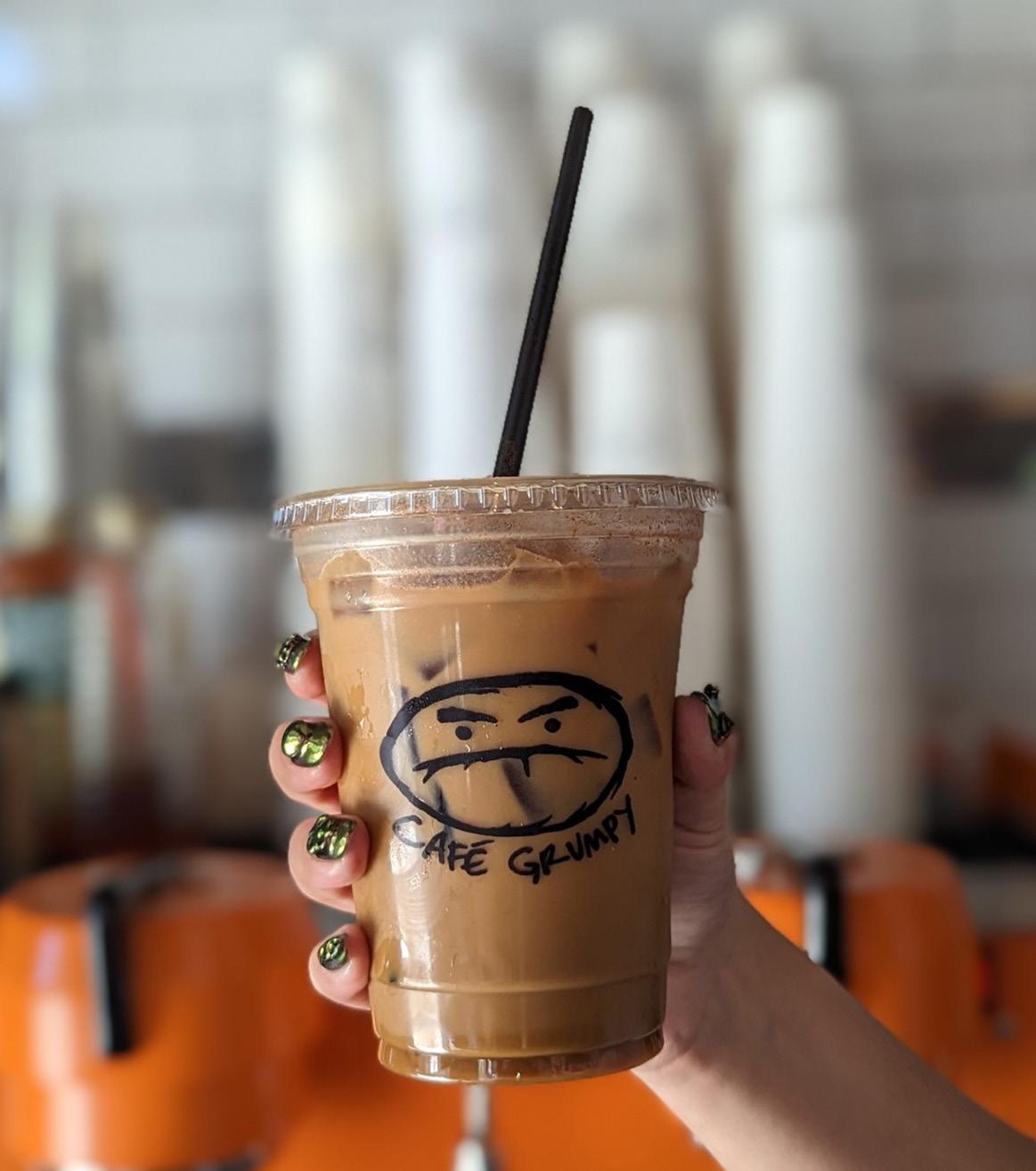
CAROLINE: We actually still get a mix of both. For example, one of our shops opened in Grand Central Terminal in an old Starbucks location, and some customers didn't even realized it was a different company. They just came in and ordered the usual.
I can't blame them. They hadn't had their coffee yet, so...
JAKE: Is there a way that Specialty coffee can cash in on some of these trends while maintaining our identity?
CAROLINE: This is a good question and something that we think about a lot. We used to only offer pour-over coffees and espresso, and now we have batch >>
ISSUE #8 | 2022 WWW.COFFEETALK.COM { 13 }
CAROLINE BELL
Continued from page 13
brew coffees, and we've started offering pumpkin spice lattes and more light-hearted drinks. I think that because of the pandemic and how much stress everyone went through that, we need to offer more light-hearted drinks to people.
Another small thing that felt huge for us was offering to grind coffee for people's online orders. We never did that before, but we thought about everyone working from home, and they likely didn't have grinders that we needed to do that. It seems silly that we didn't do it before, but that is one example.
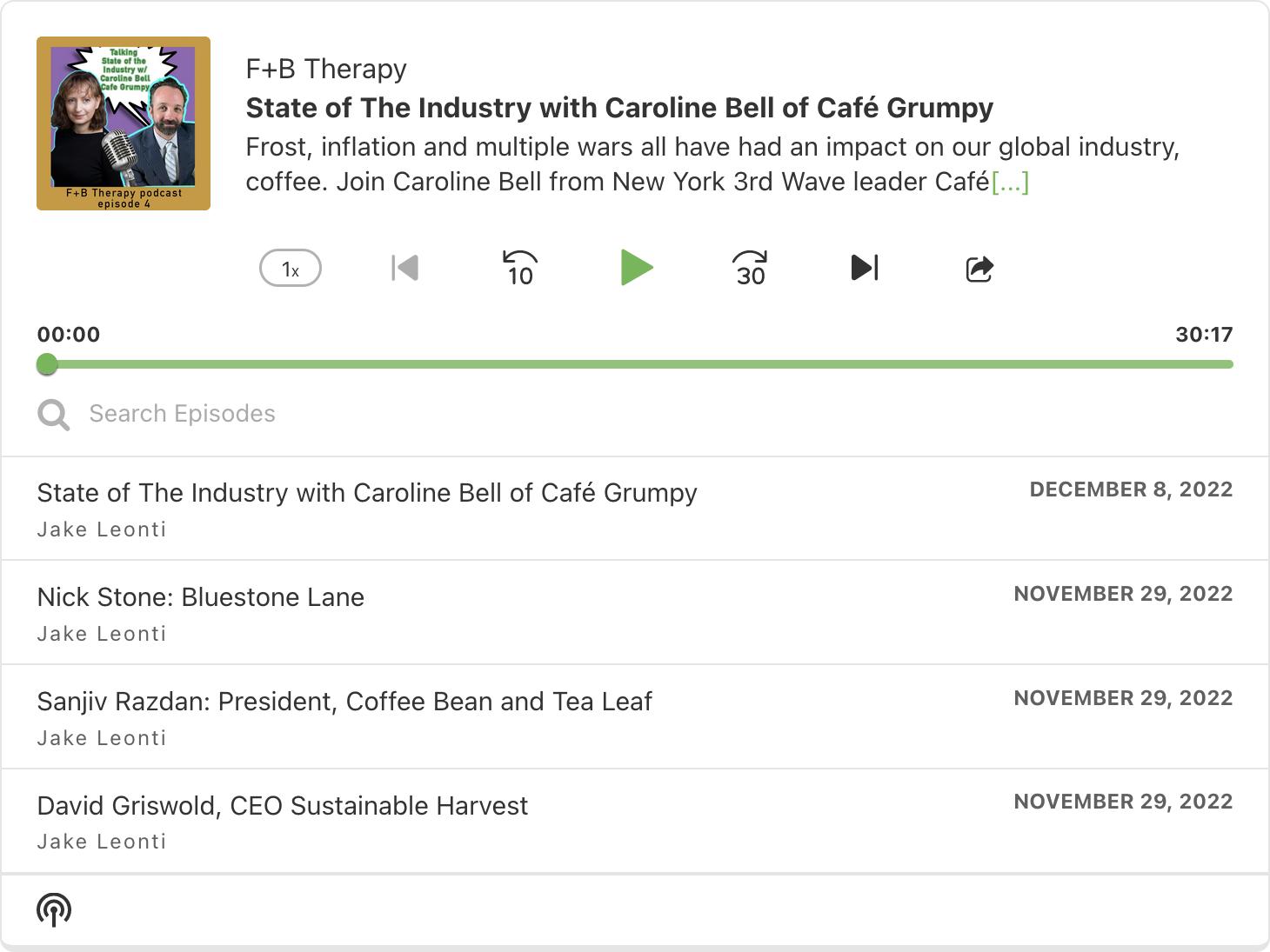
JAKE: Do you think that sustainability will ever win over convenience?
CAROLINE:
As a coffee shop, we think about that a lot. We are selling an agricultural product that is picked by hand, and we think about the impact of what we do.
I'm not really sure how to answer that. It's a human nature question. We are trying to do things where we can. We offer discounts to people who bring in reusable cups, and we converted our cold brew packaging to tetra paks, so we are trying where we can. Our hot cup sleeves don't fit our small-size cups, so we end up double cupping them, which isn't great. We try where we can, but I'm not sure how it all plays out.
JAKE: Will robot baristas overrule humans?

CAROLINE:
Coming into a coffee shop, people really appreciate the interaction with the barista and the crafting of the drink. They appreciate talking and that someone is caring about what they're making, and maybe they have a favorite drink or favorite alternate milk, and they want it custom. I do think there is something special about watching someone make something. During
the pandemic, when we had all the plexiglass up, or we were closed, or you ordered online or even having-to order with your mask on, there was a lot lost, and people really miss that interaction and the visuals and the smells. With coffee, yeah, we want things to be consistent, and we want it to be good, and some machines can help with that. There are better grinders now than when we started. I think for us it would be bringing in equipment that makes it easier for the baristas on their wrists or standing all the time or things that can make the job less physically stressful but still has that interaction and that handcrafted aspect to it.
That said, for our roastery, we think about it all the time, like having a loader or automation to make production smoother and faster and less taxing on the people that are working.
JAKE: In 2022, there has also been a rise in the unionization of the barista. Is this something you worry about?
CAROLINE:
There have been some coffee shops that have had some baristas unionize there. We do think about it. I think for us, it's about what the staff want to do, and we will work with whatever happens. If they feel that they need that as a structure, that's for them to decide. As an owner, I feel we have been supportive through our journey in the coffee shops, and we are pretty hands-on and quick to respond and transparent. Ultimately it is up to the employees to decide, and whatever happens, I will accept it. I know I sound like a hippy (laughs). Things will pretty much go where they go, and we'll work through it. Click Here to listen to the whole interview on the F+B Therapy podcast, hosted at CoffeeTalk.com
2022 | STATE of the INDUSTRY COFFEETALK MAGAZINE { 14 }

JEFF CHEAN
{ An Organic Point of View }
CO-FOUNDER & CHIEF COFFEE GUY, GROUNDWORK COFFEE CO.
Jake: "Jeff Chean is the Co-Founder and Chief Coffee Guy at Groundwork Coffee Co., a fully organic coffee roaster based in Los Angeles, CA... Frost in Brazil... Go."
JEFF:
I'm headed to Brazil in a couple of weeks. It's raining in Brazil, so the market has been declining, and prices are coming down. The frost was impacting the price. However, I pay more attention to the relationship between the Real and the dollar—also, different cost inputs of petroleum and fertilizers and the basic greed of the shipping lines.
JAKE: Coffee in California, a reasonable reaction to climate change?
JEFF: Not really. One reasonable response, perhaps, is to advocate for genetically modified coffees to make them more resistant. Organic cannot use GMO ingredients; however, grafting and hybrids are Ok for organic.
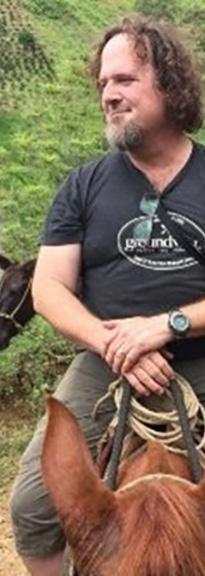
JAKE: New emerging origins?
JEFF: Maybe not new origins but growing origins. Thailand is going to have
a Cup of Excellence competition now. Philippians, Nepal, and Yemen coffee is coming back.

JAKE:
What are producing countries doing to adjust to climate change?
JEFF:
Crossbreeding and intercropping. One of the farms we work with in Nicaragua is also growing Star fruit, cocoa, and bananas and all these things are good for the soil. So regenerative farming is also part of this.
JAKE: Explain Regenerative farming
JEFF:
We brought in one of the first coffees with the Regenerative Farming certification. Plant survival is vital for the farmer. There are many layers to Regenerative Farming that include instituting specific agricultural practices. Some of these involve doing less, like not tilling the soil. Not tilling is good for the soil and allows the earth to hold on to carbon emissions, so it benefits carbon sequestration. Not tilling also allows the mycelium networks to be created and survive, which is also great for the soil. Social equity is the other side that is also part of regenerative farming. It's all about sustainability on all sides.
{
2022 | STATE COFFEETALK MAGAZINE
JAKE: Are we willing to settle for Robusta yet?
JEFF: I have had Robusta before, but I did not like them. Timor and Catimor were successful hybrids that worked, so I could see using those.
JAKE: How is inflation affecting your business?
JEFF: It's ruining our margins seriously. Everyone is waiting and seeing if and when we should raise prices. Bags are more expensive; labor costs are rising. Expenses for workers are also increasing. We are paying $7/gallon for gas, which is costly for people trying to get to work. All of these little hikes in each part of our lives are affecting business.
JAKE: How are you adjusting to the change?
JEFF: We did an 8% price increase on all our
products. We gave raises in wages for our staff to help ease the fluctuation. At the same time, other businesses are popping up and recruiting staff and making crazy offers way above pay scale. Sometimes staff come back saying the other company wasn't sustainable. We always keep the door open for people to return.
Certain prices never go down. Restaurants will not go down. Labor will stay high. There is going to be a new normal with the equivalent shift in demands. The percentage will change as the dollar changes, and eventually, the % will be the same.
JAKE: War in Ethiopia
JEFF:
It has not caused any issue in the availability of coffee for us yet. The war is more in the northern area, which is not where the coffee is. The war in Ukraine has been more of an effect as it has contributed to the inflation we are experiencing.
JAKE: Tik Tok
JEFF:
Yeah, it is. It can be a great educational tool: making coffee in different ways and exploring coffee theory. People making different drinks and cocktails with coffee. Our company needs more of a Tiktok presence. I'm at the age where my kids use it; I just see some of this on Instagram.
I liked the coffee emulsion using a better freeze-dried coffee. Specialty freeze-dried coffee is interesting. Anything that brings joy to people is a good thing. You find your joy where you can.
JAKE:
In Specialty coffee, how do we elevate coffee while cashing in on trends?
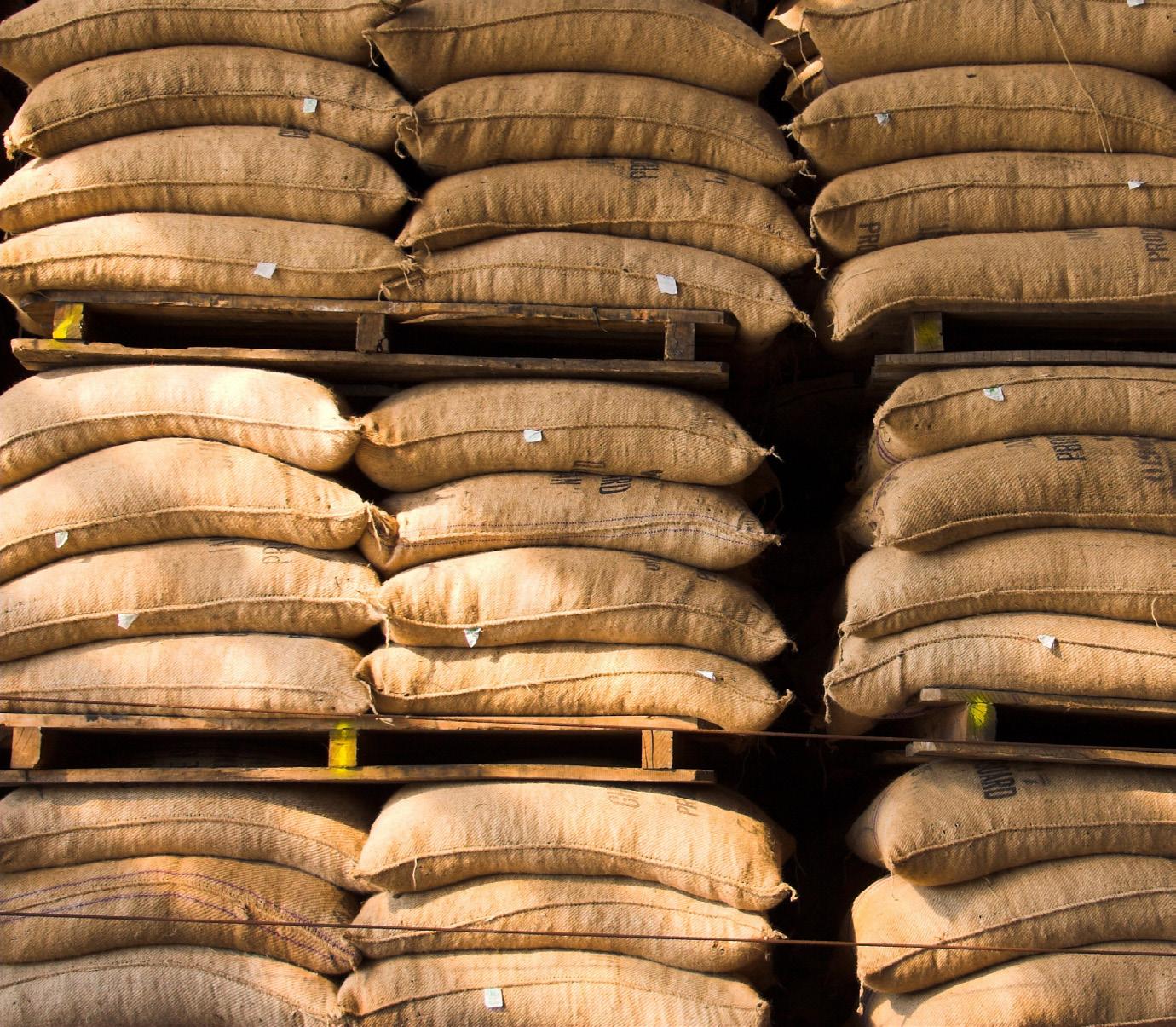
JEFF:
I'm an egalitarian in most things. Specialty is unique for the taste. Just point people in the right direction, and they will do what they do with it.
Trying to capture a trend while it's trending and delivering it well is not easy. Certain companies are better positioned to do it as they have achieved a certain scale. Making your own oat milk cold brew is expensive to create with minimums and R&D costs. Capitol is a difficult thing to access to play at this level. Retort lines don't exist everywhere.
JAKE: Thoughts on Barista Unions?
JEFF:
Unions are about human dignity. The question is, are workers' and union interests always aligned? Unions have to remain viable and in order to do that, they need to become more extreme over time.
by Jake Leonti
ISSUE #8 | 2022 WWW.COFFEETALK.COM { 17 }
Interview


Our signature one-way degassing valve allows carbon dioxide to escape from a package without allowing in oxygen or moisture, providing the optimal air-tight package. Reliable Machines High Performance Materials Degassing Valves Unparalleled Service Technology and Innovation + + + + We got this one in the bag. Our single source, “system approach” to packaging whole bean or ground coffee, includes: For more information, contact: Coffee@fresco.com | 215.721.4600 | fresco.com
